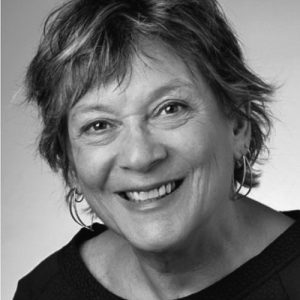
Lois Frankel
Adjunct Research Professor
| Department: | School of Industrial Design |
| Degrees: | BFA, Meisterschülerin Kunstakademie Düsseldorf (Prof. R. Sackenheim), M.E.Des. (I.D.), PhD |
Biography
Dr. Frankel began her career in jewellery design, evolving into product design for improving people’s quality of life across different cultural, social, and capability populations. She is an Adjunct Research Professor, a past Associate Professor in the School of Industrial Design (1994-2021) and was the first female director of the school. Her design expertise includes Interaction Design, Participatory Design, Sensory Design Detailing and User Experience Design. She has published over 30 peer-reviewed papers and received extensive funding for research focusing on design for people with disabilities, interaction design, sensory aspects of design, and user experience design.
Research
Dr. Frankel’s design research for smart products for the elderly and people with disabilities began in collaboration with the TAFETA (Technology Assisted Friendly Environments for the Third Age) group at the Elisabeth Bruyere Health Centre in Ottawa in 2002. Since then, she and her students have conducted ethnographic research and design for improving people’s experiences related to balance, communication, mobility, memory, and cognition in areas such as art, cooking, exercise, shopping, socializing, and general interactions with technology products. This work often involves immersive participatory and co-design workshops with stakeholders who are involved in the outcomes of the design process – products, spaces or services that improve people’s experiences and practices. Her PhD research into sensory anthropology and computational design with a focus on people’s everyday sensory practices and perceptions contributed to the course content of the Bachelor of Industrial Design (BID) course: IDES2205 Sensory Aspects of Design. This course shifts the predominantly visual orientation designers place on form development by investigating and deconstructing the multi-sensory qualities of everyday products.